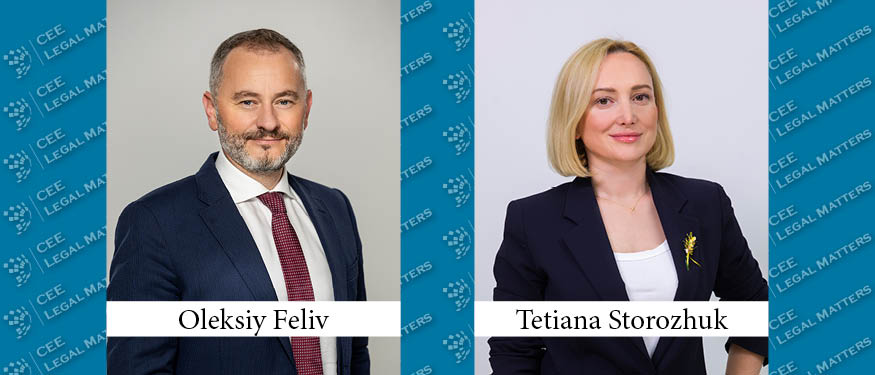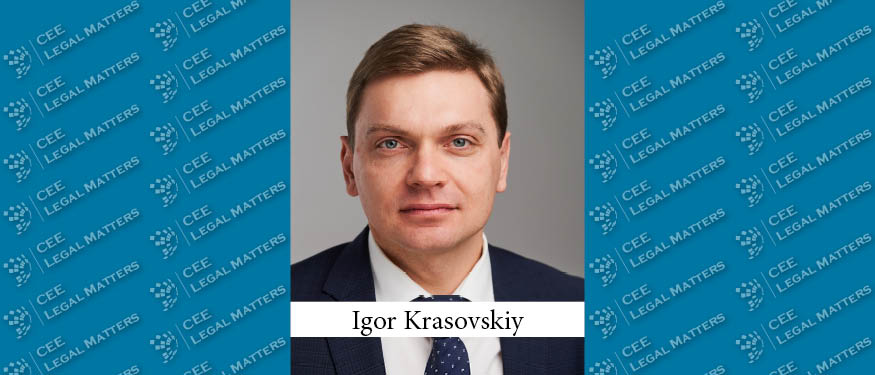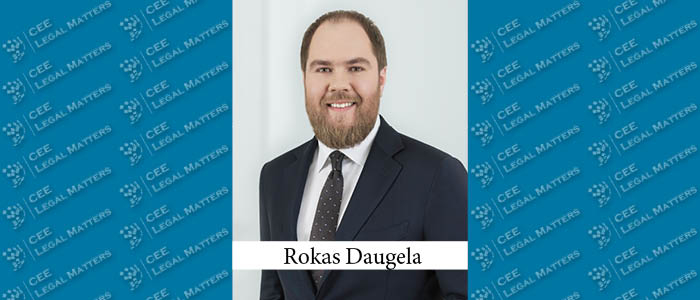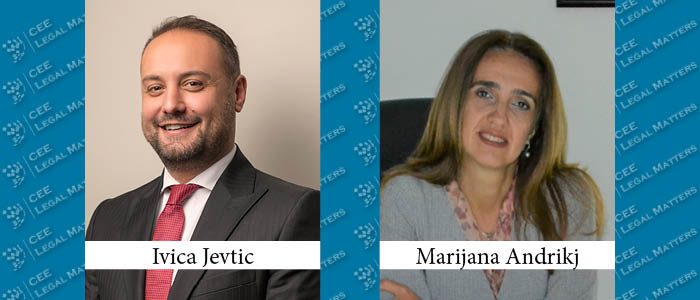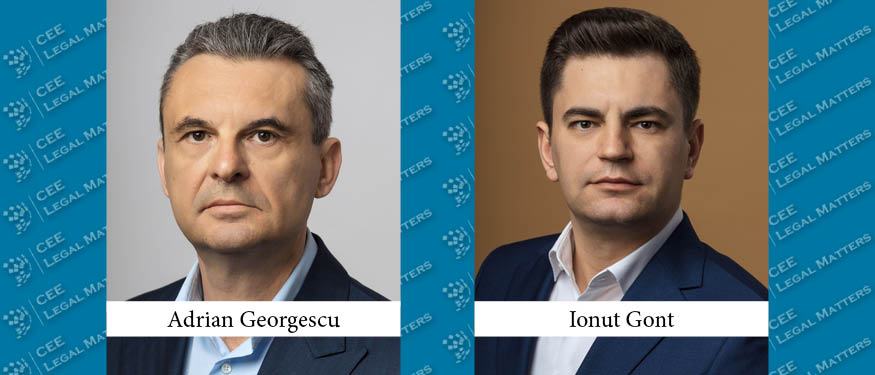Ukraine is actively gearing up for the imminent post-war reconstruction, a major undertaking to restore the infrastructure destroyed by hostilities. An integral aspect of the preparatory measures involves enhancing the legal framework to establish favourable conditions for attracting private investments into the extensive reconstruction.
Foreclosure Over Cryptocurrency in Bulgaria
Cryptocurrency has been gaining momentum in the recent decade all over the world, including Bulgaria. On one hand, the development of block chain technology and the wide spreading digitalisation in almost every sphere of human life reasonably produced new revolutionary payment means along with the traditional good old money. On the other hand, cryptocurrency rapidly became a symbol of freedom as not being issued and accepted by any central bank or credit institution as well as being easily accessible via Internet literally by every person.
Recent Amendments to the IT Parks Law Set the Course for Moldova as a Hotspot for BPO
On 21 December 2023 the Moldovan Parliament adopted significant amendments to the Law No.77/2016 on Information Technology Parks („IT Parks Law”) positioning Moldova as an attractive destination for Business Process Outsourcing (BPO). These amendments notably extend the eligibility criteria for IT Park residents, offering particular advantages to export-oriented BPO service providers.
Record Fine To META
With its announcement dated 10.01.2024, the Competition Authority imposed an administrative fine of TL 4,796,152.96 per day (on the basis of its gross revenues in 2022) on META Economic Unity commencing from 12.12.2023 until the Final Compliance Remedy is submitted to the Competition Authority.
New Act on the Entry and Residence of Third-Country Nationals in Hungary
The Hungarian Parliament adopted a new act on the rules of the entry and residence of third-country nationals on 12 December 2023.
Corporate Environmental Criminal Responsibility in the Waste Management Field: Current and Future Offences, Sanctions and Best Practices for Prevention
In a significant development, a provisional agreement between the Council presidency and the European Parliament has set the stage for a proposed EU law targeting businesses involved in waste generation, operation, or disposal. The agreement, which took place late last year, reflects a commitment to stricter penalties for environmental crimes, doubling the number of offences from the soon-to-be-replaced Directive 2008/99/EC.
Ministry Continues Energy Subsidies for Businesses in 2024!
The Ministry of Economy has extended the eligible period for electricity and gas price compensations. In addition to 2023, it will also be possible to apply for compensation for the period up to 30 June 2024. Applications can be submitted until 15 June 2024.
Statutory Opt-In Membership in the Hungarian Chamber of Agriculture from January 2024
In early January 2024, many managing directors in Hungary of companies with any agriculture-related activity could be surprised to receive a letter of the Hungarian Chamber of Agriculture stating that the company has become a member of the Chamber by law from 1st January. What does this chamber do, and what are the main consequences of the membership? Why it is worth to consider an opt-out from the Chamber? In this article, we address these issues.
Turkish Competition Authority Published the M&A Overview Report for 2023
The Communiqué No. 2010/4 (the "Communiqué") requires approval of the Competition Board (the "Board") on mergers, acquisitions and privatisation transactions that fall within its scope in order for those to be legally valid. The Turkish Competition Authority releases data relating to transactions requiring the Board’s clearance and examines those transactions in an annual report. In this respect, the transactions reviewed by the Board in 2023 were disclosed to public on January 5, 2024 through the Mergers and Acquisitions Overview Report (the "Report") [available in Turkish only].
Recent Trend in Croatian Data Protection: Unveiling a Surge of Enforcement Actions
The fifth anniversary of the General Data Protection Regulation (GDPR) in Croatia has ushered in an unforeseen and substantial transformation in the sphere of data protection. This notable shift is characterized by a surge in enforcement actions led by the Croatian data privacy watchdog, commonly known as the Personal Data Protection Agency (DPA – in Croatian AZOP). In stark contrast to the relatively quiet initial three years following the enactment of the GDPR (2018-2021) in Croatia, 2023 has become a turning point, witnessing a seismic shift in Croatian data protection enforcement.
New Tourism Act – What is the Impact on the Real Estate Market?
According to the government, the act is designed to tackle certain perceived downsides of excessive tourism, such as the lack of affordable long-term accommodation for the housing needs of the local population, a negative impact on the environment (especially the sea, sea coast, and islands), as well as a negative impact on cultural heritage sites.
Preparing the Ukrainian PPP Framework for Reconstruction
Ukrainian civilian infrastructure, particularly its vital components such as energy facilities and seaports, was heavily targeted by Russian missile strikes, causing severe damage. Combined damage to civilian infrastructure and energy industries already exceeds USD 50 billion. Since the beginning of hostilities, 18 airports, at least 344 bridges and overpasses, and over 25,000 kilometers of roads were damaged.
ESG Evolution: Navigating Challenges, Rebuilding, and Embracing a Sustainable Future
Large energy companies are taking measures to become green in order to meet targets to reduce carbon emissions. The main stakeholders – investors, customers, rating agencies, and regulators – are pushing energy companies to set more environmental, social, and governance goals publicly. For these companies, the “E” in ESG should be the foundation of their strategy.
Resilience in Ukrainian M&A Activity
As Ukraine is fighting off the brutal invasion by the Russian Federation, the Ukrainian M&A market is at its lowest point, at least in terms of the number of deals, since 2000. Still, interesting trends are emerging and there is great hope for a bright future.
Quick Recovery of Ukraine: How the Government is Preparing for Reconstruction
The reconstruction of Ukraine – critical infrastructure, housing, hospitals, and social facilities – is already underway. This major effort has been significantly assisted by international support. Ukraine’s commitment to transparency, coupled with specific regulations under martial law, has been instrumental in achieving this progress.
Accessing Capital in Light of Uncertainties of War
As the full-scale war continues into the second year, Ukrainian companies are facing unprecedented difficulties with attracting capital which is desperately needed to restore their day-to-day business operations and production halted by the military aggression. Predictably, international debt capital markets remain inaccessible not only to Ukrainian private borrowers but also to sovereign entities. The unpleasant situation worsens with high costs of borrowing, which have skyrocketed even more for Ukrainian borrowers since the outbreak of the war due to unsustainable country risk.
Lithuania: Proposed Tax Changes Bring Uncertainty Among Taxpayers
Lithuania’s tax system underwent a major overhaul in 2004 when the country joined the European Union. For almost two decades, its evolution has been slow-paced – one could even call it cosmetic.
North Macedonia: The 2022 Draft Tax Reforms
Here, we will look at the draft tax reforms proposed by the Government of the Republic of North Macedonia in 2022 (Tax Reforms) that aims to ensure a fair, efficient, transparent, and modern tax system.















